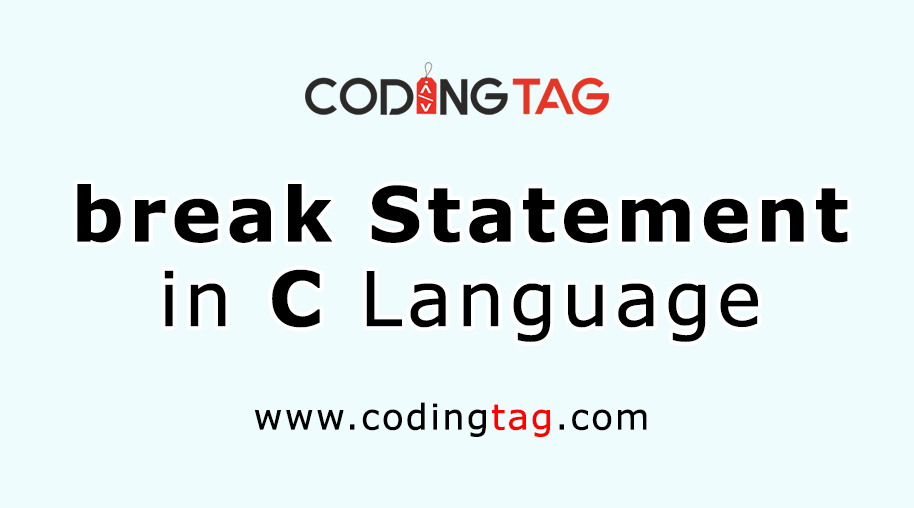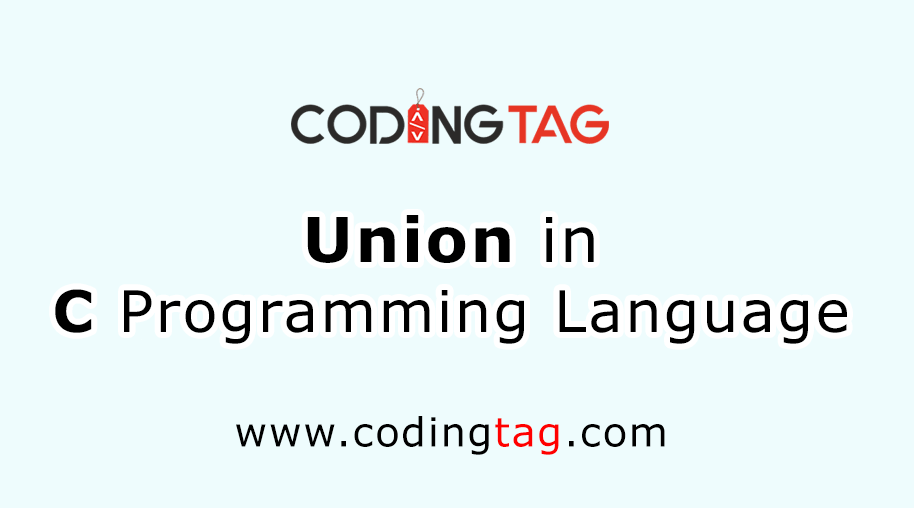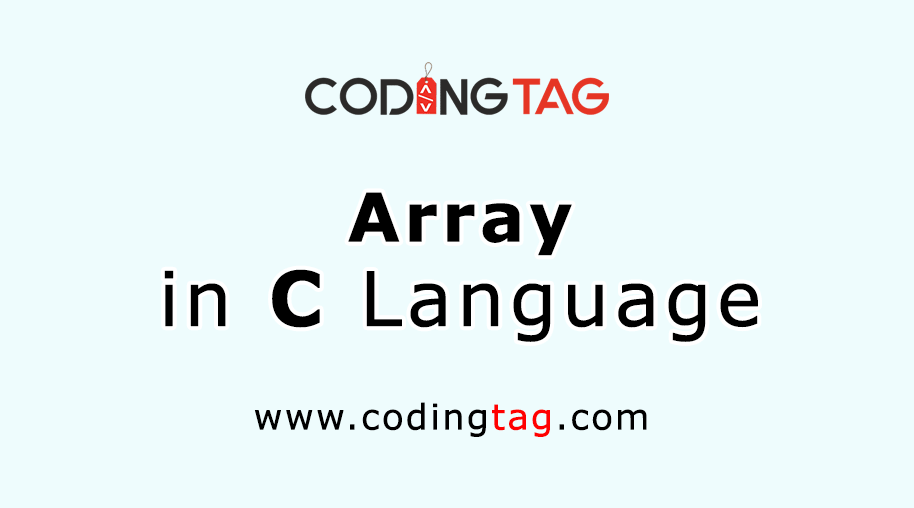Linked error in C
0 1516
Linked errors usually refer to errors that occur during the linking phase of compiling a program, where the linker tries to combine various object files and libraries into a single executable.
Origins of Linked Errors
Linked errors can stem from various sources: Undefined Symbols: When a function or variable is referenced but not defined in any of the compiled source files or libraries. Multiple Definitions: When the same function or variable is defined in multiple source files or libraries, causing conflicts during linking. Library Issues: Problems with linking to external libraries, such as missing or incompatible libraries. Path Issues: Incorrect paths specified for libraries or object files.How to Fix Linked Errors
To address linked errors, you can follow these steps: Check for Typos: Ensure that function and variable names are spelled correctly and consistently throughout your code. Check Dependencies: Make sure all necessary libraries and object files are included and correctly linked. Order Matters: Arrange your linker flags and libraries in the correct order. Libraries should typically come after the object files that depend on them. Resolve Conflicts: If there are multiple definitions of a function or variable, consider using static to limit its scope or refactor your code to remove redundant definitions. Update Libraries: Ensure that you're using compatible versions of external libraries, and update them if necessary. Check Paths: Verify that the paths specified for libraries and object files are correct.Linked Error Methods with Programming
Here are some programming techniques to help prevent and handle linked errors: Modularization: Break your code into smaller, modular units to reduce dependencies and potential conflicts. Header Guards: Use include guards in header files to prevent multiple inclusions and potential redefinition errors. Forward Declarations: Use forward declarations in header files to declare functions and types without providing their definitions, reducing dependencies. Namespace Encapsulation: Encapsulate your code within namespaces or static functions to limit their visibility and avoid conflicts. Makefile Management: Maintain a well-organized Makefile to handle dependencies, paths, and compilation/linking options efficiently. By following these strategies and techniques, you can effectively diagnose and resolve linked errors in your C programs.Origins of Linked Errors
Undefined Symbols: Suppose you have two source files, main.c and functions.c, and you're calling a function add() defined in functions.c from main.c. However, you forgot to include the declaration of add() in main.c or forgot to link functions.c during compilation. This would result in an undefined symbol error during linking.// main.c #include<stdio.h>Multiple Definitions: If you accidentally define the add() function in both main.c and functions.c, you'll encounter a multiple definitions error during linking.// Missing declaration of add function int main() { int result = add(3, 4); printf("Result: %d\n", result); return 0; } // functions.c int add(int a, int b) { return a + b; }
// main.c #include<stdio.h>// Redundant definition of add function int add(int a, int b) { return a + b; } int main() { int result = add(3, 4); printf("Result: %d\n", result); return 0; } // functions.c int add(int a, int b) { return a + b; }

Share:








Comments
Waiting for your comments